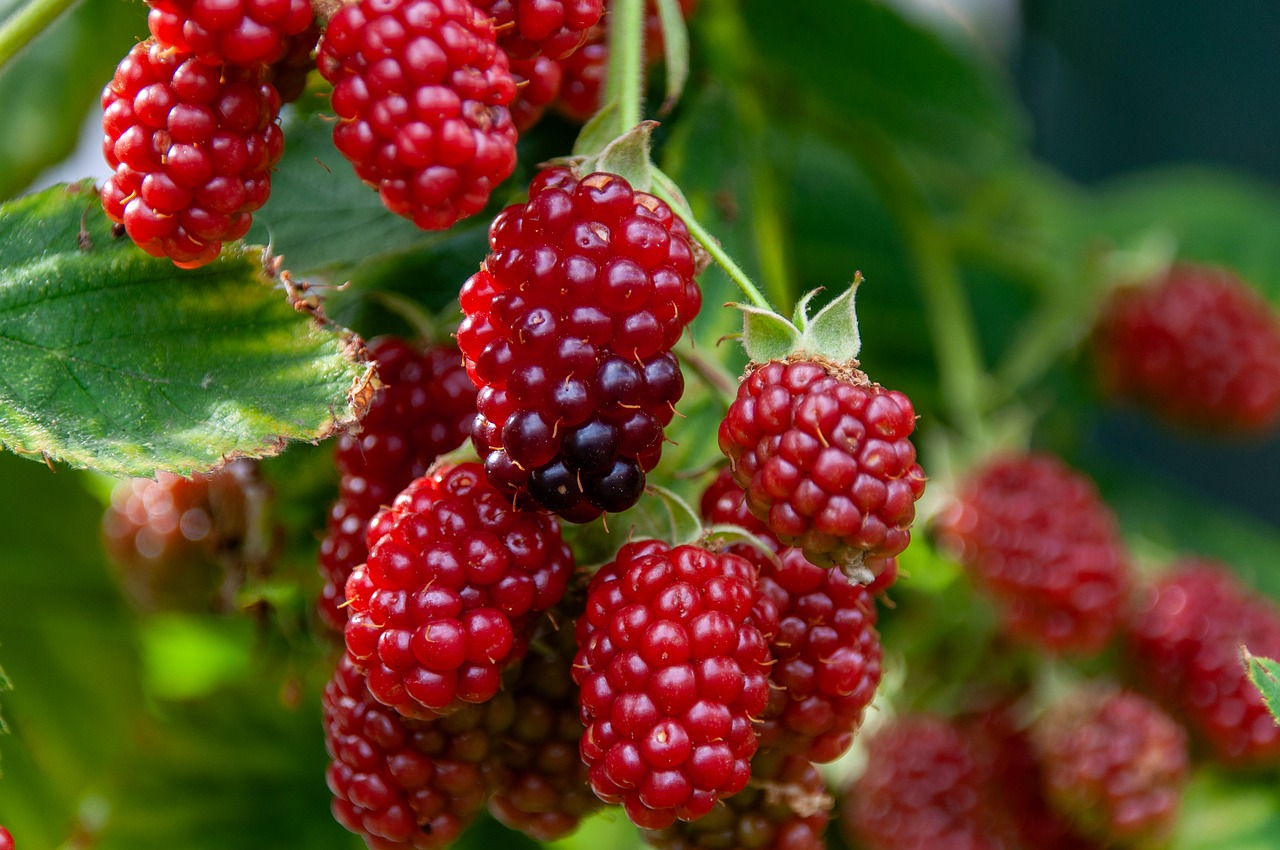Exploring the Benefits of Community Gardens: Cultivating Health and Community Spirit
Community gardens have long been a staple in neighborhoods around the world, providing a space for people to come together and cultivate health, community spirit, and a sense of connection to the earth. In recent years, the popularity of community gardens has surged as more people recognize the numerous benefits they offer. From promoting physical activity and healthy eating to fostering social interaction and environmental sustainability, community gardens have the power to positively impact individuals and neighborhoods alike.
Physical Health Benefits
One of the most obvious benefits of community gardens is the impact they can have on physical health. By providing a space for individuals to grow their own fruits and vegetables, community gardens encourage people to engage in physical activity, whether it’s planting seeds, weeding, or harvesting produce. This hands-on approach to gardening can help individuals improve their physical health by increasing their overall activity levels and promoting a more active lifestyle.
Mental Health Benefits
In addition to improving physical health, community gardens can also have a positive impact on mental health. Gardening has long been recognized as a therapeutic activity that can help reduce stress, anxiety, and depression. The act of connecting with nature, getting your hands dirty, and witnessing the growth and progress of your plants can be incredibly rewarding and uplifting. For many individuals, spending time in a community garden can provide a sense of peace, relaxation, and fulfillment.
Social Benefits
Community gardens are not just about plants and produce – they are also about people. These communal spaces provide a unique opportunity for individuals to come together, connect with their neighbors, and build a sense of community. Whether it’s sharing gardening tips, swapping seeds, or collaborating on a group project, community gardens foster a sense of camaraderie and belonging that can be a powerful force in strengthening neighborhoods and enhancing social ties.
Environmental Benefits
Beyond the individual benefits, community gardens also play a key role in promoting environmental sustainability. By growing your own food locally, you reduce the need for transportation and packaging, which helps lower carbon emissions and minimize the environmental impact of food production. Additionally, community gardens can serve as green spaces that support biodiversity, provide habitats for pollinators, and contribute to the overall health of the ecosystem.
Economic Benefits
In addition to the health, social, and environmental benefits, community gardens can also have positive economic impacts. By growing your own fruits and vegetables, you can save money on grocery bills and have access to fresh, organic produce at a fraction of the cost. Community gardens can also create opportunities for entrepreneurship, as individuals may choose to sell their excess produce at farmers markets or through community-supported agriculture programs.
Community Gardens in Action
There are countless examples of community gardens making a real difference in neighborhoods around the world. From urban rooftop gardens to rural community plots, these green spaces are transforming landscapes, bringing people together, and changing lives for the better. One notable example is the Detroit Garden Resource Program, which helps residents of Detroit create community gardens to address food insecurity, promote healthy eating, and revitalize neighborhoods.
How to Get Involved
If you are interested in getting involved in a community garden, there are numerous ways to do so. You can start by reaching out to local organizations, schools, or churches that may already have established community gardens. Alternatively, you can gather a group of like-minded individuals and start your own community garden from scratch. Whatever path you choose, remember that community gardens are about more than just growing food – they are about growing connections, nurturing relationships, and cultivating a sense of belonging.
FAQs
Q: What is a community garden?
A: A community garden is a shared space where individuals come together to grow fruits, vegetables, flowers, and other plants for personal consumption, community use, or donation.
Q: How do community gardens benefit the environment?
A: Community gardens promote environmental sustainability by reducing the need for transportation and packaging, supporting biodiversity, providing habitats for pollinators, and contributing to the overall health of the ecosystem.
Q: What are some tips for starting a community garden?
A: Some tips for starting a community garden include seeking out local partners, securing a suitable location, establishing a clear vision and goals, organizing a group of dedicated volunteers, and ensuring regular maintenance and communication.
Q: How can I get involved in a community garden?
A: You can get involved in a community garden by reaching out to local organizations, schools, or churches with existing gardens, or by starting your own community garden with a group of like-minded individuals.
Q: What are some examples of successful community garden projects?
A: Some examples of successful community garden projects include the Detroit Garden Resource Program, which helps residents of Detroit create community gardens to address food insecurity, promote healthy eating, and revitalize neighborhoods.
By exploring the benefits of community gardens and understanding their potential to cultivate health and community spirit, we can all play a role in creating a more sustainable, connected, and vibrant world. Whether you are a seasoned gardener or a complete novice, there is a place for you in the community garden movement. So roll up your sleeves, grab a shovel, and join us as we dig deep and grow together.







